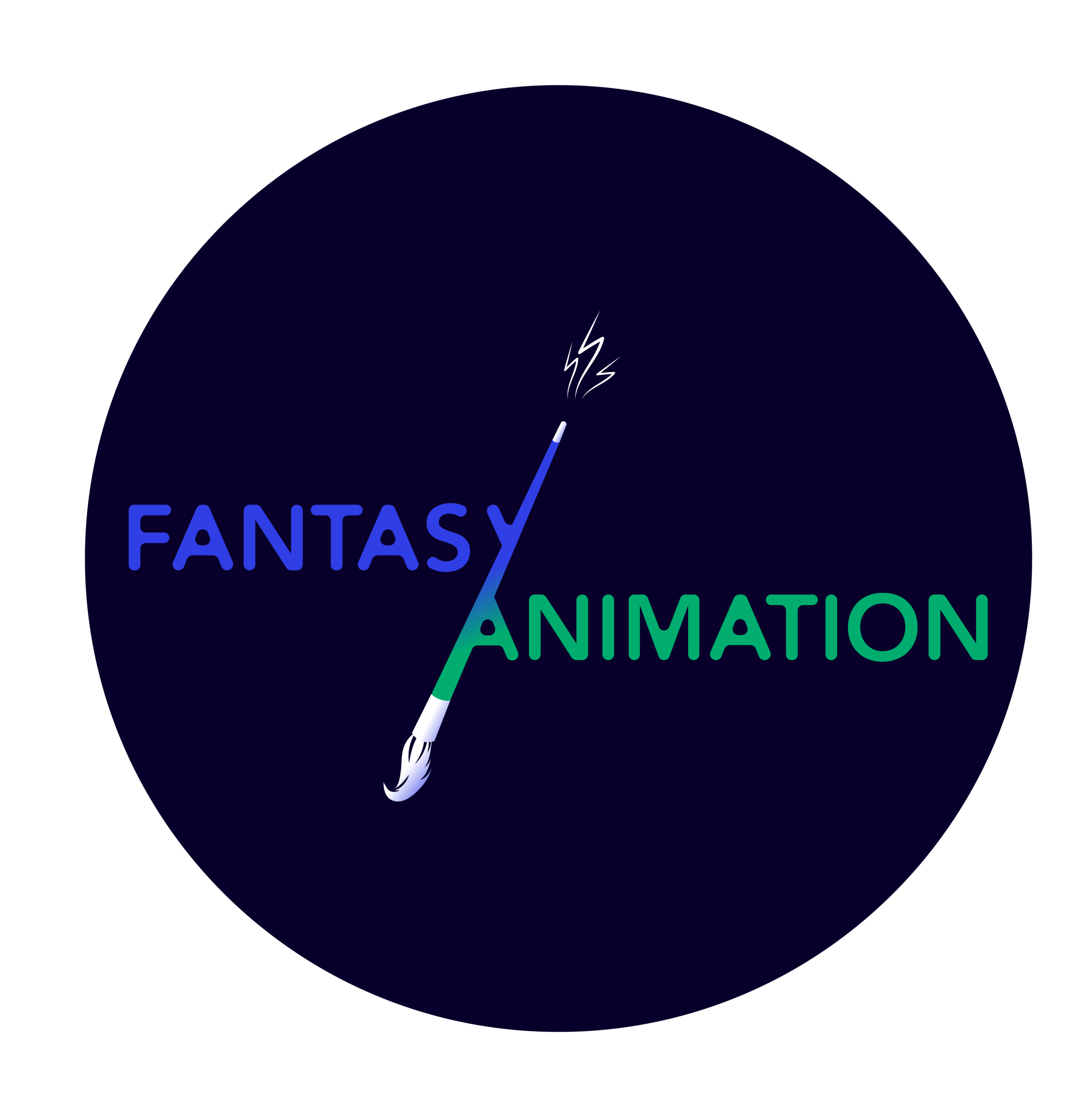I want to tell you about my favourite personal interest and ruling passion as a scholar, the thing I find it hard to live without; television animation. But you should know something about me first. I was diagnosed very young with Asperger’s Syndrome, which is considered to be on the high end of the Autism spectrum. People with Asperger’s can function well by themselves and amongst friends and family, and work well when given tasks that they can do, but find it very difficult communicating to others if they don’t know how to, or if they have never met or interacted with someone before.
Read MoreThe intersection of fantasy and animation is increasingly also an intersection of nationalities and cultures. The world’s best known animation studios often look beyond their own cultures for inspiration, exploring and representing people, mythologies and folklore from across the globe. Japan’s Studio Ghibli, for example, frequently adapt Western sources, creating fantasy-inflected variations on European countries (Howl’s Moving Castle [Hayao Miyazaki, 2004]) or indeterminate settings bearing both Japanese and European influence (Kiki’s Delivery Service [Hayao Miyazaki, 1989]; Arrietty [Hiromasa Yonebayashi, 2010]; When Marnie Was There [James Simone & Hiromasa Yonebayashi, 2014]).
Read MoreBack in November, Variety caused a furore online by reporting that Chris Meledandri, the Illumination founder and Despicable Me (2010) producer charged with overseeing DreamWorks Animation after its acquisition by Comcast, was planning on ‘rebooting’ the Shrek series. ‘Reboot’ typically refers to starting from scratch with a film franchise, recasting the characters and restarting the narrative. If Variety had read their own interview, they would have noticed that Meledandri actually said that ‘while you certainly could make a case for a complete reinvention, I find myself responding to my own nostalgic feelings of wanting to go back to those characterizations’.
Read More


